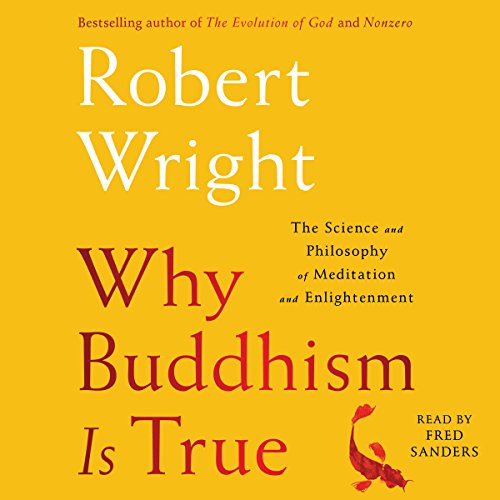What is the Meaning of My Work
A friend ask me if I find any meaning in my work. Here’s my reply. Please forgive me for answering your question in English. I find it easier to express myself clearly in English, especially on more complex topics. You ask if I find it “meaningful” to write papers that few people might read. The short answer is “Yes.” The long answer, as usual, is more complicated. Will my research cure cancer, bring world peace, or entertain millions? No. Will it contribute to a technological breakthrough one day? It’s unlikely, though possible. ...
